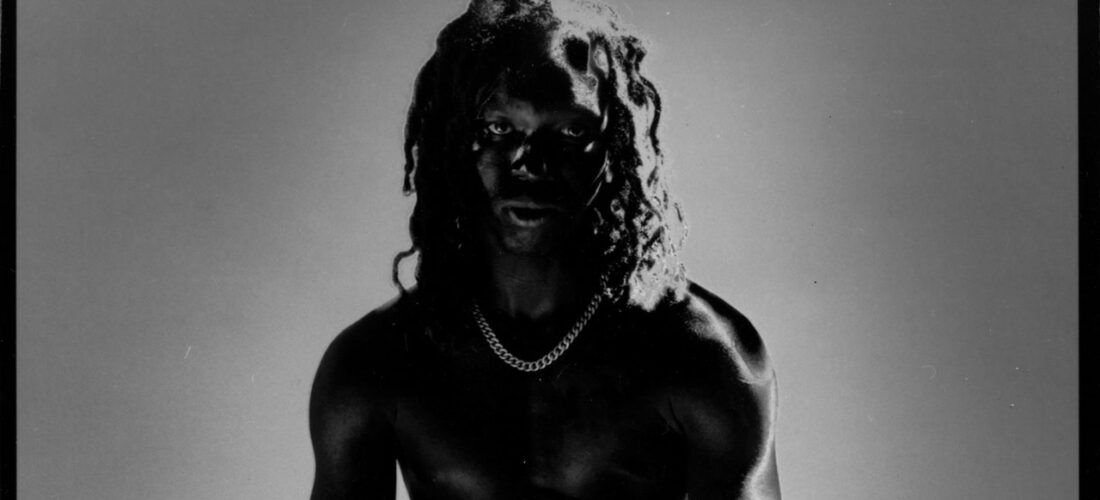Sometimes, a glimpse of your reflection in a mirror can feel as disorienting as a dolly zoom, a jarring flash of presence that pulls you into a dark corner of yourself. Mavi experiences several such moments of revelation on Shadowbox, his howling, heart-rending third album. Each glance sends him spinning off his axis, frantically flailing until he can snag a piece of ground. “I’m So Tired” opens with one of these realizations: “Today my grandmother turn 80/And I’m on three Percocets, I ain’t even ate yet.” Mavi holds his own gaze as though it’s Persephone beckoning seductively from the bottom of the abyss. Synth bass and splashy cymbals cascade around him like a collapsing ceiling, reverb threatening to engulf his pleas for absolution.
Mavi’s music can almost feel voyeuristic, as though we’re watching his brain activity from behind a two-way mirror. The Charlotte emcee churns in existential circles, pondering towering concepts like the conflict between fate and free will, or whether identity is innate or constructed. This is painful work; he was only 21 when he released End of the Earth, and he’d already concluded that existence is suffering—you either wallow or you press on. Despite its glowing golden-hour grooves, 2022’s Laughing So Hard, it Hurts was awash in self-doubt, Mavi’s joints aching from trying to keep balance.
On Shadowbox, the darkness that licked at the edges of his previous work has nearly overtaken him. As Laughing So Hard, it Hurts propelled him to a new level of stardom, Mavi experienced a spell of personal problems; the substances he hoped would ease his mind dulled his creative drive and aggravated his depression. When he emerged, he started writing unflinchingly about how exhausting it is to untangle a mental health crisis. References to drugs and drink abound; grief and heartache permeate every verse. He remains concerned with many of the same evergreen philosophical questions, but he’s less sure there are any answers to be found.
Thankfully, Shadowbox never buckles under the weight of its overcast themes. It’s as inventive as any Mavi project, near virtuosic in execution. Despite the narcotic cloud surrounding the album’s creation, Mavi’s writing is more impressive than ever: rich with imagery and metaphor and packed with spiraling internal rhymes, but still piercing and direct. The most unsparing passages hit like a fist, like when he says, “I was taking pills while mom was making dinner” on “Tether,” or how he admits, on “Grindstone,” “I claim I’m quitting, it’s been too many tomorrows.” A water motif shows up throughout the first half of the record, sometimes offering salvation through baptism or cleansing, other times promising to envelop Mavi completely.
